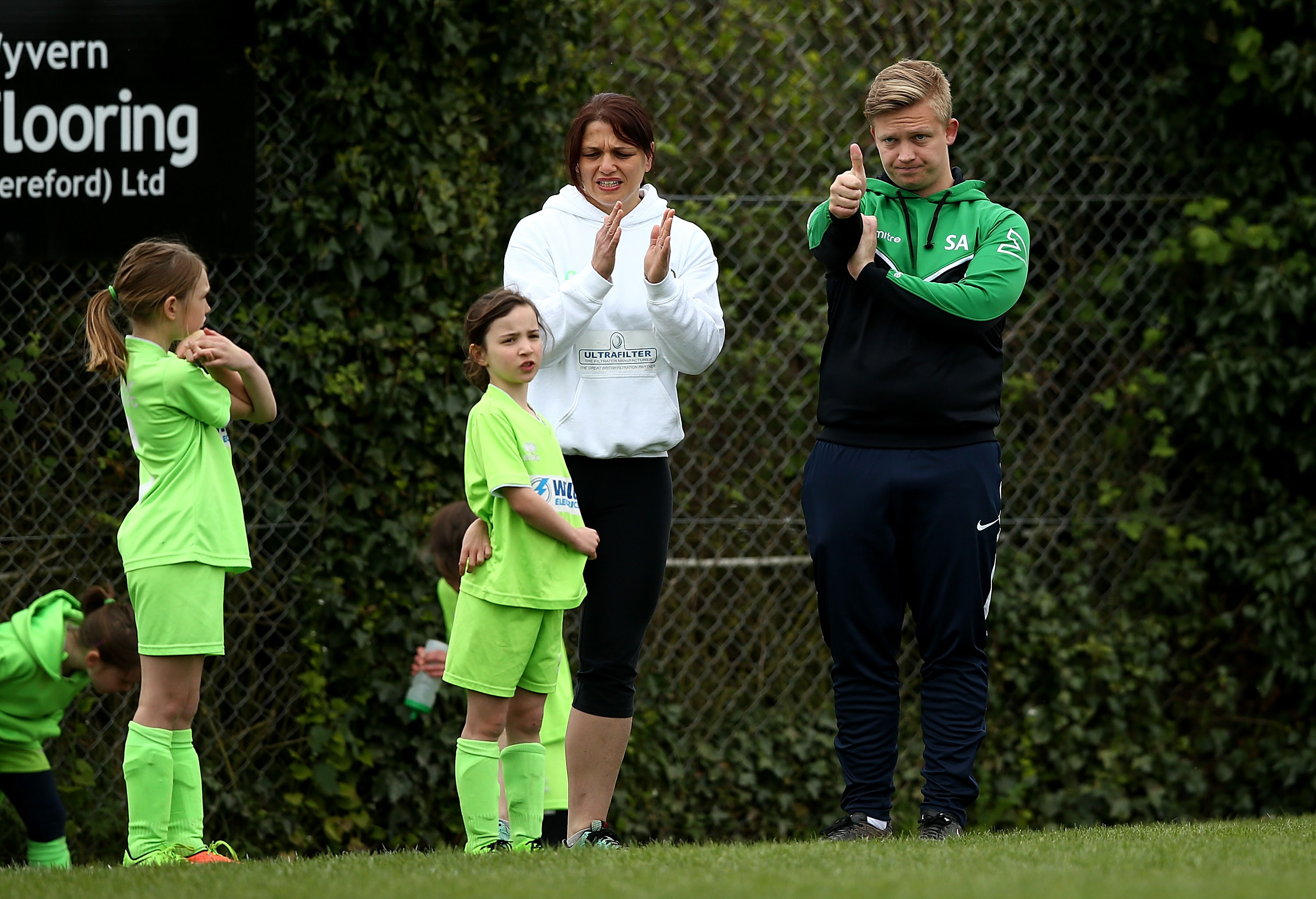Guides

Social coaching: how parents and carers can help
- The Boot Room
- 13 July 2017
Both on and off the pitch, the adults who look after your players have a crucial role in creating a positive experience of football.
In this article, we’ll examine how parents and carers can help you to achieve some of the England DNA’s main aims. To find out more, select the headings below.
Achieving this aim relies on children enjoying their experience of football.
However, if a parent puts a lot of pressure on a child to play sport and, for example, prioritises winning over having fun, then they may start to see physical activity as something they have to do – not something they want to do.
To help prevent this, when you’re talking to your team’s caregivers, make sure you communicate the importance of creating a positive and enjoyable environment.
To support this aim, encourage your players' parents to celebrate individual ability on (and a connection with) the ball. You could also highlight the benefits of children continuing – or trying – other sports.
The DNA promotes ‘active learning’; this means that players should be provided with lots of opportunities to experiment, explore, interact with friends, ask questions and consider alternative answers – all things that parents can encourage at home, too.
The England DNA aims to develop children who are equipped to deal with life – not just football.
To help your players to build the skills needed to establish positive relationships with others, spectators should demonstrate respect and sportsmanship at all time. For example, parents should applaud good play (by any individual), talk to the ‘opposing’ parents, support the referee’s decisions and control their emotions.
In short, any adult involved in children’s football should be a good role model.
Getting parents and carers onside can help you to create an environment – both on and off the pitch – that supports your players' development.
Do you make the most of this potential?
Next steps
Check that all parents and carers:
- recognise the importance of a positive and enjoyable football environment
- understand how other sports can aid physical development
- review your club's code of conduct.
To learn more about Foundation Phase DNA, click here.










